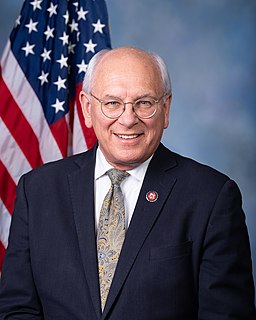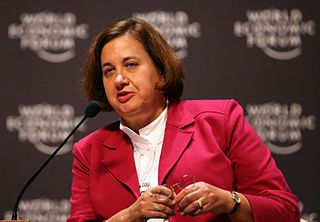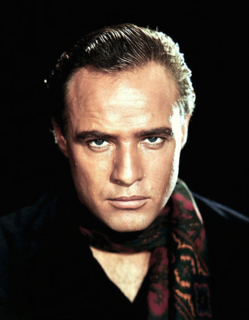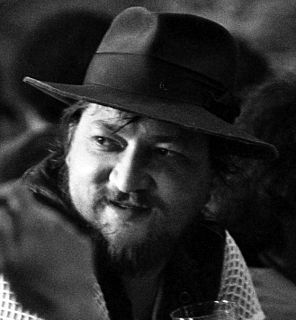A Quote by Riane Eisler
to change our realities, we also have to change our myths. As history amply demonstrates, myths and realities go hand in hand.
Related Quotes
We've always believed that popular culture and populist politics go hand in hand. It's an honor to be working with so many respected and influential artists, and we're indebted to them for having the courage to speak out at a time when our country so desperately needs change. For our 2.5 million members and far beyond, the Vote for Change tour will have a seismic cultural impact.
It helps to regard soul as an active intelligence, forming and plotting each person's fate. Translators use "plot" to render the ancient Greek word mythos in English. The plots that entangle our souls and draw forth our characters are the great myths. That is why we need a sense of myth and knowledge of different myths to gain insight into our epic struggles, our misalliances, and our tragedies. Myths show the imaginative structures inside our messes, and our human characters can locate themselves against the background of the characters of myth.
I don't mean to imply that we are in imminent danger of being wiped off the face of the earth - at least, not on account of global warming. But climate change does confront us with profound new realities. We face these new realities as a nation, as members of the world community, as consumers, as producers, and as investors. And unless we do a better job of adjusting to these new realities, we will pay a heavy price. We may not suffer the fate of the dinosaurs. But there will be a toll on our environment and on our economy, and the toll will rise higher with each new generation.
Myths, as compared with folk tales, are usually in a special category of seriousness: they are believed to have "really happened,"or to have some exceptional significance in explaining certain features of life, such as ritual. Again, whereas folk tales simply interchange motifs and develop variants, myths show an odd tendency to stick together and build up bigger structures. We have creation myths, fall and flood myths, metamorphose and dying-god myths.



































